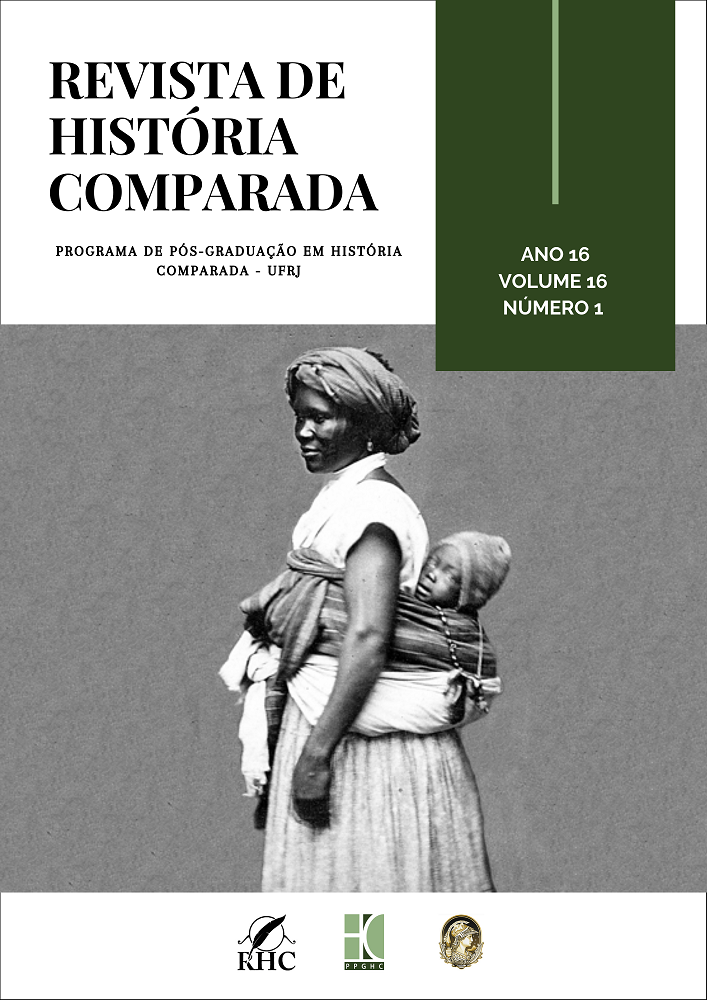AGAINST THE GRAIN? ALTERNATE GEOGRAPHIES AND THE ‘COUNTERVOYAGE’ IN THE TRAJECTORIES OF TERESA DE JESUS.
Résumé
This article explores the life of Teresa de Jesus, who made the rare journey from Bahia to Lisbon as a slave. Later, she became the only freed Black woman to be executed in Lisbon. Refusing the gaze of the judges who interpreted her only through stereotypes, this essay reads her sentence ‘against the grain’ to develop a biography of this remarkable woman. Invoking the image of the “countervoyage,” it articulates a rethinking of the entangled mobilities of enslaved and free(d) black women in the Portuguese empire, especially between Brazil and Portugal. As Teresa moved against the imagined current of enslaved black bodies by moving closer to the seat of imperial power, she challenged the racist, misogynistic and slavocratic ideologies that were fundamental in maintaining a stable empire. Thus, Teresa de Jesus contributed to a spatial and geographic re-mapping through various corporeal and ideological trajectories. Her biography highlights how a freed black woman sentenced to death could still lead her life with a certain agency, and illuminates how enslaved and free(d) black women could negotiate and resist the contours of spatialized imperial power.
Téléchargements
Publiée
Numéro
Rubrique
Licence
Proposta de Política para Periódicos de Acesso Livre
Autores que publicam nesta revista concordam com os seguintes termos:- Autores mantém os direitos autorais e concedem à revista o direito de primeira publicação, com o trabalho simultaneamente licenciado sob a Licença Creative Commons Attribution que permite o compartilhamento do trabalho com reconhecimento da autoria e publicação inicial nesta revista.
- Autores têm autorização para assumir contratos adicionais separadamente, para distribuição não-exclusiva da versão do trabalho publicada nesta revista (ex.: publicar em repositório institucional ou como capítulo de livro), com reconhecimento de autoria e publicação inicial nesta revista.
- Autores têm permissão e são estimulados a publicar e distribuir seu trabalho online (ex.: em repositórios institucionais ou na sua página pessoal) a qualquer ponto antes ou durante o processo editorial, já que isso pode gerar alterações produtivas, bem como aumentar o impacto e a citação do trabalho publicado (Veja O Efeito do Acesso Livre).


